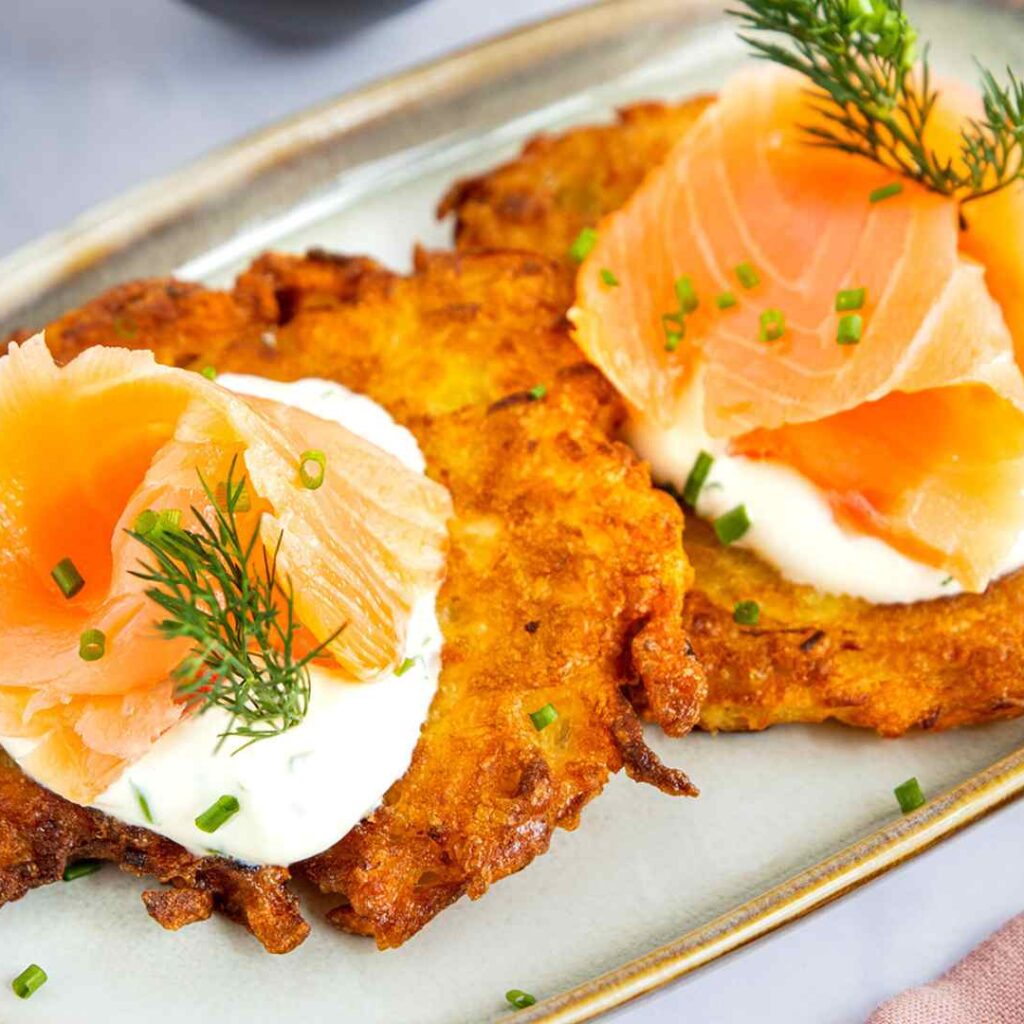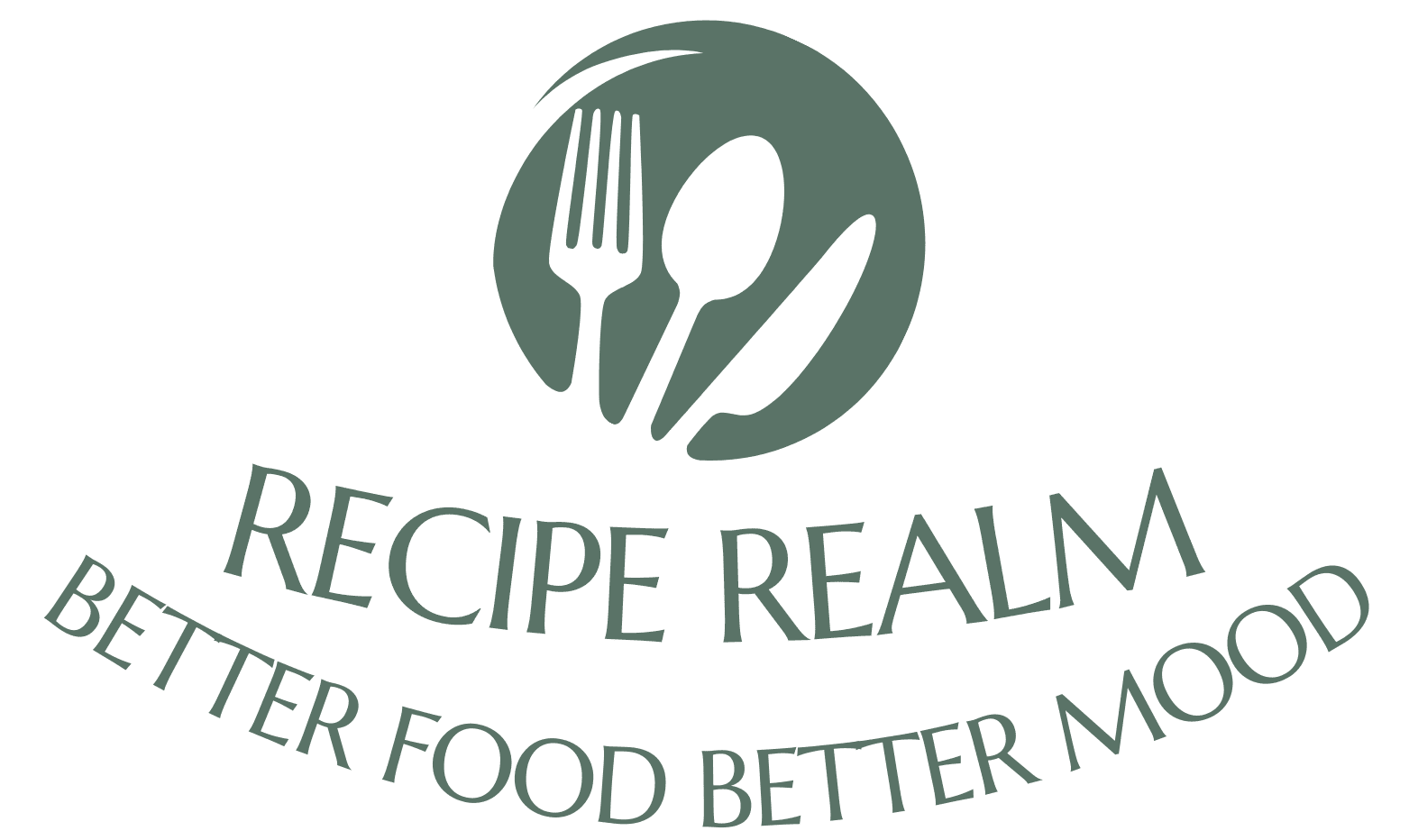
Kartoffelknödel (Potato Dumplings)



The History of Kartoffelknödel (Potato Dumplings)
Introduction
Kartoffelknödel, commonly known as Potato Dumplings, is a traditional dish that reflects the culinary heritage of various European countries, particularly Germany and Austria. In this article, we delve into the intriguing history and cultural significance of Kartoffelknödel, a culinary creation celebrated for its simplicity and hearty flavor.
The Origins of Kartoffelknödel
A Dish Born of Necessity
The history of Kartoffelknödel is rooted in the practicality of utilizing available ingredients, particularly potatoes. Potatoes were introduced to Europe in the 16th century, and their versatility quickly became apparent as they were incorporated into various dishes.
The Rise of Kartoffelknödel
Kartoffelknödel emerged as a popular dish in the 19th century, as potatoes gained widespread acceptance as a staple food. The dish’s simplicity and ability to complement a variety of savory flavors made it a beloved part of European cuisine.
Cultural Significance
A Comforting Classic
Kartoffelknödel embodies the essence of comfort food. These dumplings, with their soft, starchy texture, are a satisfying and hearty addition to meals, often served alongside rich and flavorful gravies or stews.
Regional Variations
Throughout the regions where Kartoffelknödel is enjoyed, variations have emerged. Different preparation methods and regional additions have given rise to diverse interpretations of this classic dish, each with its unique character.
Conclusion
In conclusion, the history of Kartoffelknödel is a testament to the enduring appeal of simplicity and tradition in European cooking. From its origins as a practical dish to its status as a beloved classic, Kartoffelknödel continues to captivate with its rich history and cultural significance. Its journey from a humble dumpling to a cherished part of European cuisine reflects the timeless allure of this hearty comfort food.
- Serves: 4-6 People
- Prep Time: 30 minutes
- Cooking: 20 minutes
- Difficulties: easy
Ingredients
For Cooking
- 2pounds potatoes (russet or starchy peeled and quartered
- 1/2 cup all-purpose flour
- 1 egg, beaten
- 1teaspoon salt
- 1/4 teaspoon nutmeg (optional)
- 1/4 cup breadcrumbs (for rolling)
- Butter or oil (for frying)
For Dressing
Nutritional Information
-
Calories
160 -
Total Fat
4g -
Saturated Fat
2g -
Cholesterol
30mg -
Sodium
250mg -
Total Carbohydrates
27g -
Dietary Fiber
2g -
Sugars:
1g -
Protein:
4g
Procedure
Conclusion: Kartoffelknödel, with their pillowy texture and subtle potato flavor, are a versatile and comforting addition to German cuisine. This classic recipe offers a simple and satisfying way to make these dumplings from scratch. For those seeking creative twists, the cheese-stuffed and mushroom-filled variations provide exciting options. Whether served as a side dish or the star of the meal, Kartoffelknödel are sure to please your taste buds and add a touch of authenticity to your table.
-
Mark As Complete
Boil the potatoes until tender. Drain and let them cool slightly.
-
Mark As Complete
Mash the potatoes or pass them through a ricer while they’re still warm.
-
Mark As Complete
In a large bowl, combine the mashed potatoes, flour, beaten egg, salt, and nutmeg. Mix until a dough forms
-
Mark As Complete
Dust your hands with flour and shape the dough into golf ball-sized dumplings.
-
Mark As Complete
Bring a pot of water to a gentle simmer. Carefully add the dumplings to the water.
-
Mark As Complete
Allow the dumplings to cook for about 15-20 minutes. They will rise to the surface when done.
-
Mark As Complete
Remove the dumplings with a slotted spoon and roll them in breadcrumbs.
-
Mark As Complete
In a skillet, heat butter or oil over medium heat. Fry the dumplings until they’re golden brown and crispy on the outside.
-
Mark As Complete
Serve the Kartoffelknödel warm alongside your favorite dishes.
Dawood Ali Mian
Chef Dawood brings a wealth of experience and a diverse culinary background to our kitchen. His culinary training spans the globe, from classic French techniques to contemporary fusion cuisine. Drawing inspiration from both traditional and modern culinary traditions, Chef Dawood’s creations are a harmonious blend of flavors and textures that tantalize the palate.
You also might like
No recipe were found.


